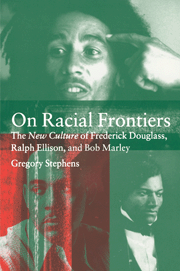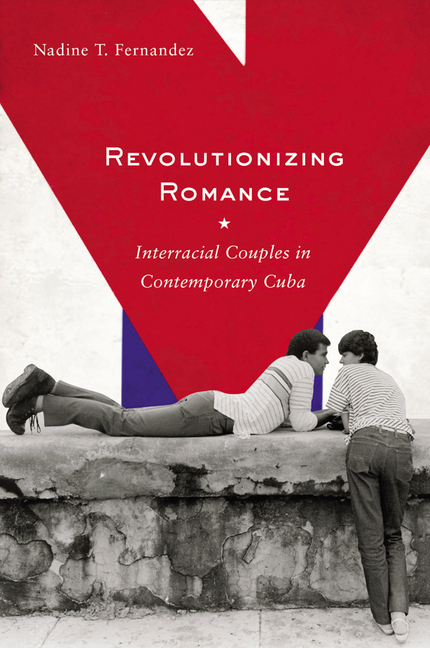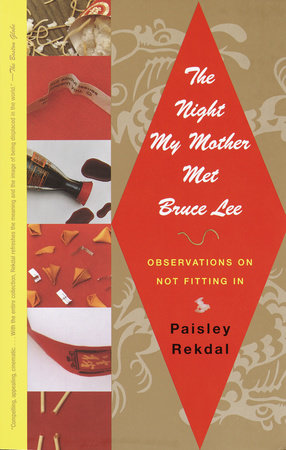Indigenous Mestizos: The Politics of Race and Culture in Cuzco, Peru, 1919–1991
Duke University Press
2000
424 pages
21 b&w photographs, 2 maps, 1 table
Cloth ISBN: 978-0-8223-2385-3
Paperback ISBN: 978-0-8223-2420-1
Marisol de la Cadena, Associate Professor of Anthropology
University of California, Davis

In the early twentieth century, Peruvian intellectuals, unlike their European counterparts, rejected biological categories of race as a basis for discrimination. But this did not eliminate social hierarchies; instead, it redefined racial categories as cultural differences, such as differences in education or manners. In Indigenous Mestizos Marisol de la Cadena traces the history of the notion of race from this turn-of-the-century definition to a hegemony of racism in Peru.
De la Cadena’s ethnographically and historically rich study examines how indigenous citizens of the city of Cuzco have been conceived by others as well as how they have viewed themselves and places these conceptions within the struggle for political identity and representation. Demonstrating that the terms Indian and mestizo are complex, ambivalent, and influenced by social, legal, and political changes, she provides close readings of everyday concepts such as marketplace identity, religious ritual, grassroots dance, and popular culture, as well as of such common terms as respect, decency, and education. She shows how Indian has come to mean an indigenous person without economic and educational means—one who is illiterate, impoverished, and rural. Mestizo, on the other hand, has come to refer to an urban, usually literate, and economically successful person claiming indigenous heritage and participating in indigenous cultural practices. De la Cadena argues that this version of de-Indianization—which, rather than assimilation, is a complex political negotiation for a dignified identity—does not cancel the economic and political equalities of racism in Peru, although it has made room for some people to reclaim a decolonized Andean cultural heritage.
This highly original synthesis of diverse theoretical arguments brought to bear on a series of case studies will be of interest to scholars of cultural anthropology, postcolonialism, race and ethnicity, gender studies, and history, in addition to Latin Americanists.
Table of Contents
About the Series
Acknowledgments
Past Dialogues about Race: An Introduction to the Present
1. Decency in 1920 Urban Cuzco: The Cradle of the Indigenistas
2. Liberal Indigenistas versus Tawantinsuyu: The Making of the Indian
3. Class, Masculinity, and Mestizaje: New Incas and Old Indians
4. Insolent Mestizas and Respeto: The Redefinition of Mestizaje
5. Cuzquenismo, Respeto, and Discrimination: The Mayordomias of Almudena
6 Respeto and Authenticity: Grassroots Intellectuals and De-Indianized Indigenous Culture
7. Indigenous Mestizos, De-Indianization, and Discrimination: Cultural Racism in Cuzco
Notes
Bibliography
Index






